Ever since its development as a separate subject during the last over six decades or so, weed science is perhaps one agricultural science that is making advances by leaps and bounds, worldwide. Thousands of research papers are published every year, both in the identification of the new weed problems and finding their feasible solutions. There are several good books on weed management available but what sets this book apart is that it focuses at equipping the students of the first course in weed science, with fundamentals behind each aspect of weeds and weed management in an easy to grasp, text book manner, without missing any quarter of the host of recent developments. This is the key strength of the book. An important feature of advances in weed science is that while, by and large, the older findings remain valid, the new ones act as complements, and not as substitutes to these. Therefore, in this new title of weed science in your hands, care has been taken to maintain the rationality of the basic information on the subject, while incorporating carefully selected, recent research findings. There are sixteen chapters in the book each of which is backed by a set of relevant practicals and some mind searching reference questions. In the initial five chapters there is a marked thrust on bringing home to the students the factors that govern the weed occurrence in different crop situations in terms of weed species as well as weed densities. There is emphasis on the insidious nature of weeds and multifarious damages imposed by them on our agricultural and aesthetic environment, and their persistence in nature against all odds. The chapters 6 to 9 reveal the various options developed by man to deal with weeds in different ecological situations, like the good crop husbandry practices, the use of herbicides and bio-herbicides, the biological control of weeds, and the employment of genetic engineering, allelochemicals, soil solarization, and the like special activities in weed management. These practices, along with the preventive measures, collectively form the subject matter of Integrated Weed Management (IWM) in the book. The strong and weak points of each element of IWM have been highlighted to give students an insight into the subject. The next set of chapters 10 to 12 are devoted to fundamental functions of more common herbicides available in India, their behaviour in soils and plants, their possible residues in our environment, and the associated effects resulting in the new weed problems. All herbicides have been identified by their common and chemical names. The last set of chapters 13 to 16 describe in sufficient details the use of herbicides as complements to the other weed control activities in field and vegetable crops, plantations and grasslands, and in the aquatic environment, besides in the treatment of some specific noxious weeds. There is glossary or terms often used in the first course of weed science given at the end of the 16 chapters of the book to provide the students a handy, knowledge testing and revision tool. There are nine appendices in the book which, hopefully, shall complement the text of different chapters. Of these, the appendix-1 unveils a bonanza of over 60, finely drawn sketches of common weeds selected from the weed flora reported in literature from different parts of India. The book bas been written on the basis of over 400 carefully selected research papers and research reports, besides the internet facilities and personal communications, which have been cited in different chapters. The book should prove helpful in not only teaching the weed science courses but also in revamping and development o need-based course curriculum, both theory and practicals, for the students.
Hand Book of Ayurvedic Medicine
$20.70
$23.00

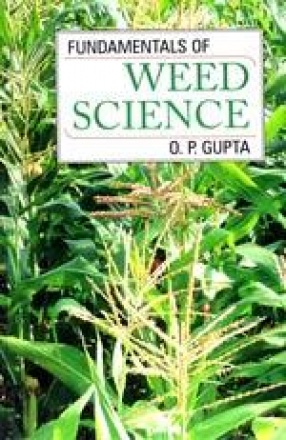
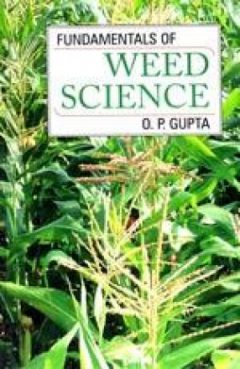
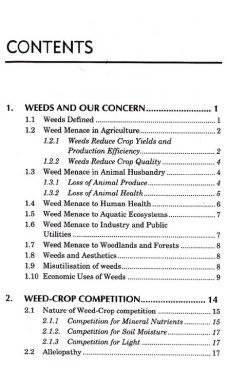
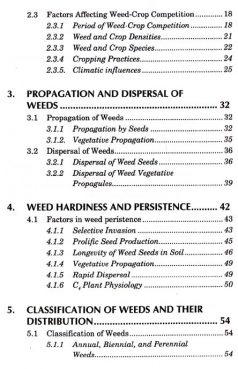
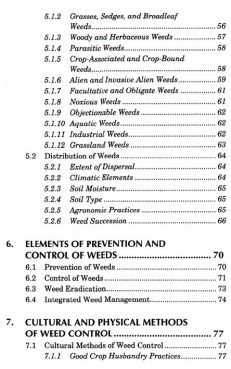
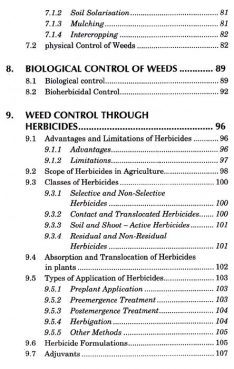
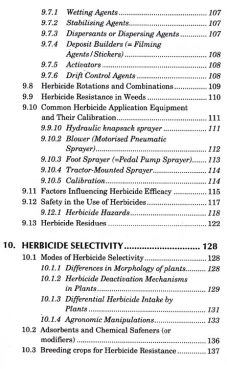
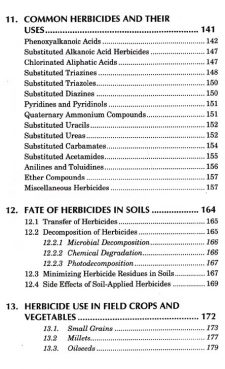
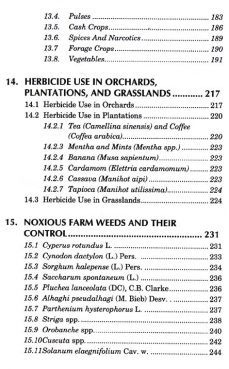
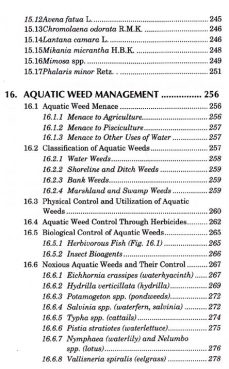
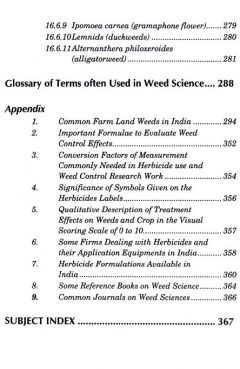

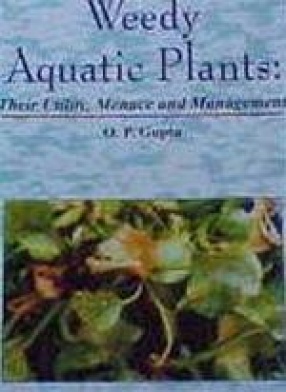

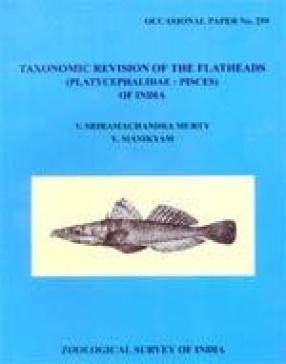
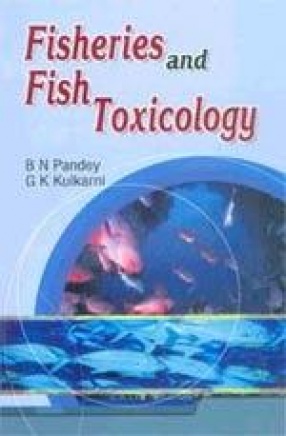
There are no reviews yet.